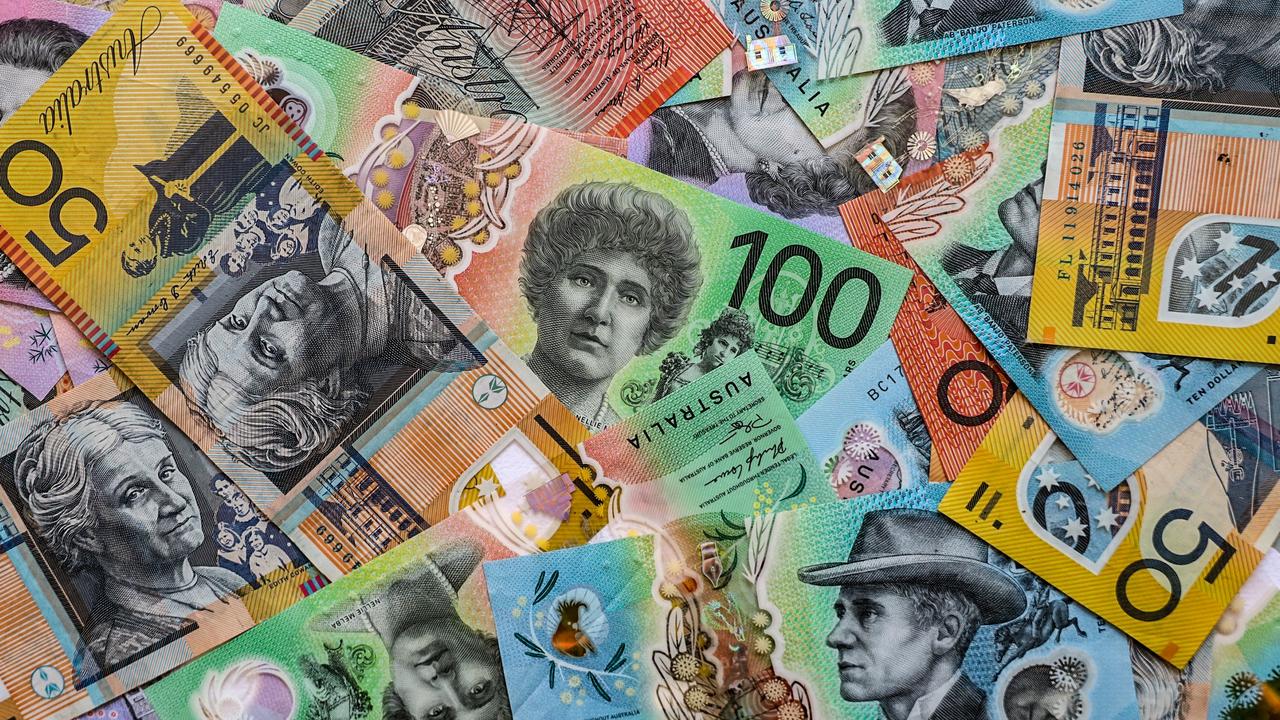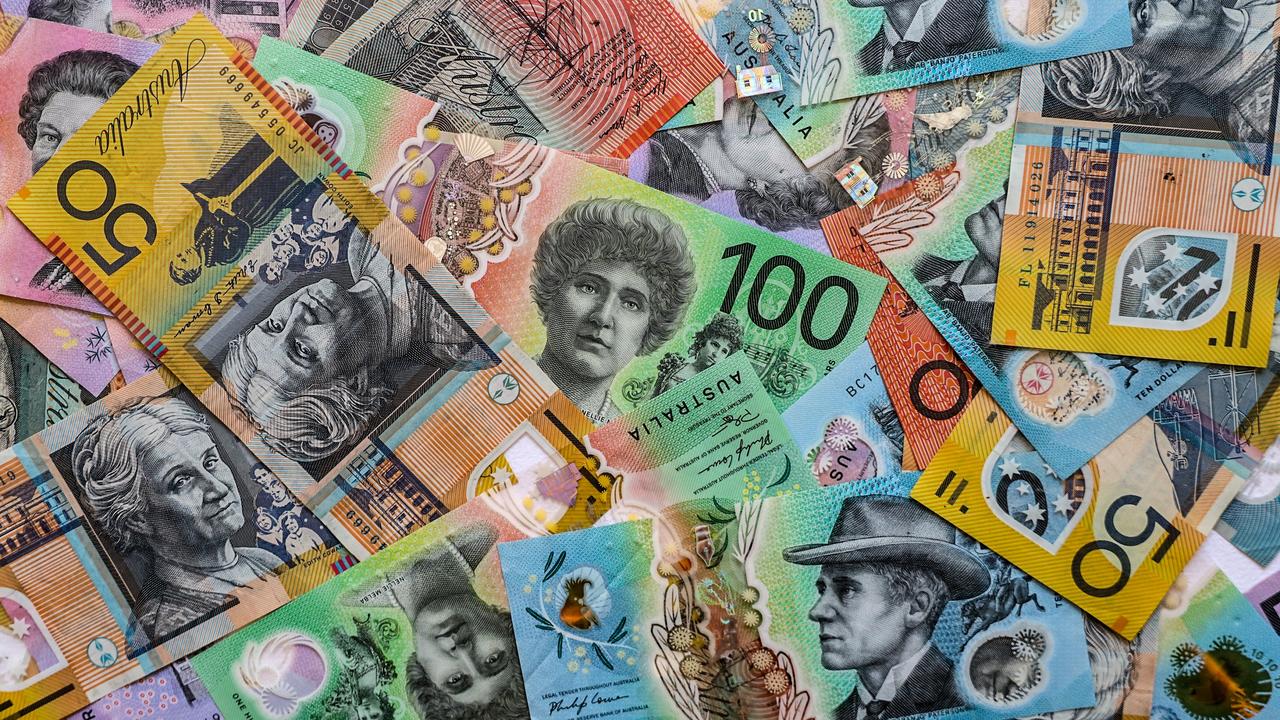Why Donald Trump’s US election win ‘will crash Aussie interest rates’
Experts have warned that Donald Trump’s election win will ruin the Aussie economy. But there is a “distinct upside” to Trump 2.0.
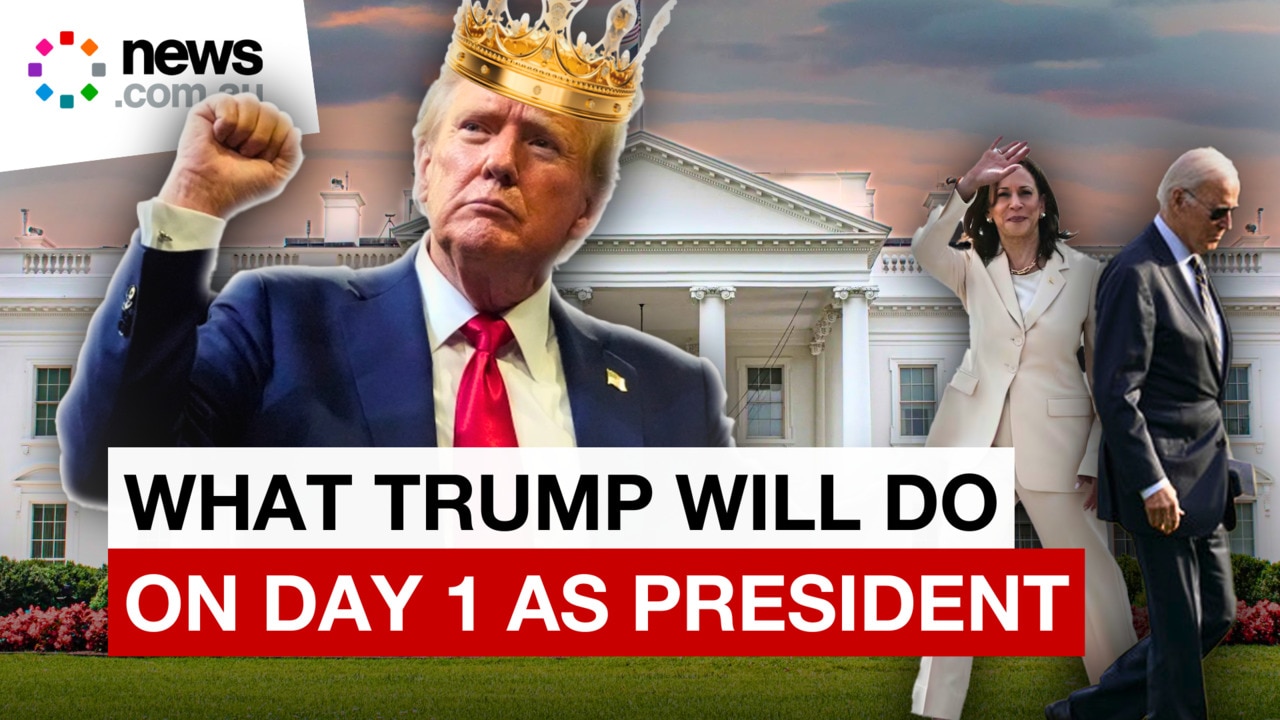
The screeching in the Australian economic pet shop is reaching fever pitch.
Donald Trump is back – and it is doom.
This includes Australia’s hysterical treasurer Jim Chalmers, who has warned that Mr Trump will ruin the Aussie economy.
Nothing could be further from the truth.
Whatever one thinks intrinsically of the Trump tax cuts and tariff agenda, it has a distinct upside for Australians, most especially via interest rates.
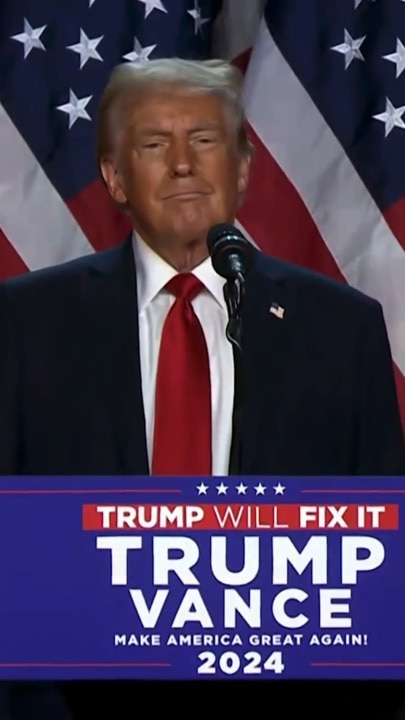
American inflationary boom
Donald Trump’s second-term platform has several defining features strengthened by his history of delivering on campaign commitments.
Primarily, they are tax cuts and tariffs.
These two will deliver two outcomes to the US economy.
Firstly, an inflationary surge, as goods from China become 60-100 per cent more expensive and offsetting investment into American factories is triggered.
Secondly, tax cuts for households and corporations will deliver asset price and domestic demand booms.
American nominal growth is going to take off and profits plus wage growth will follow.

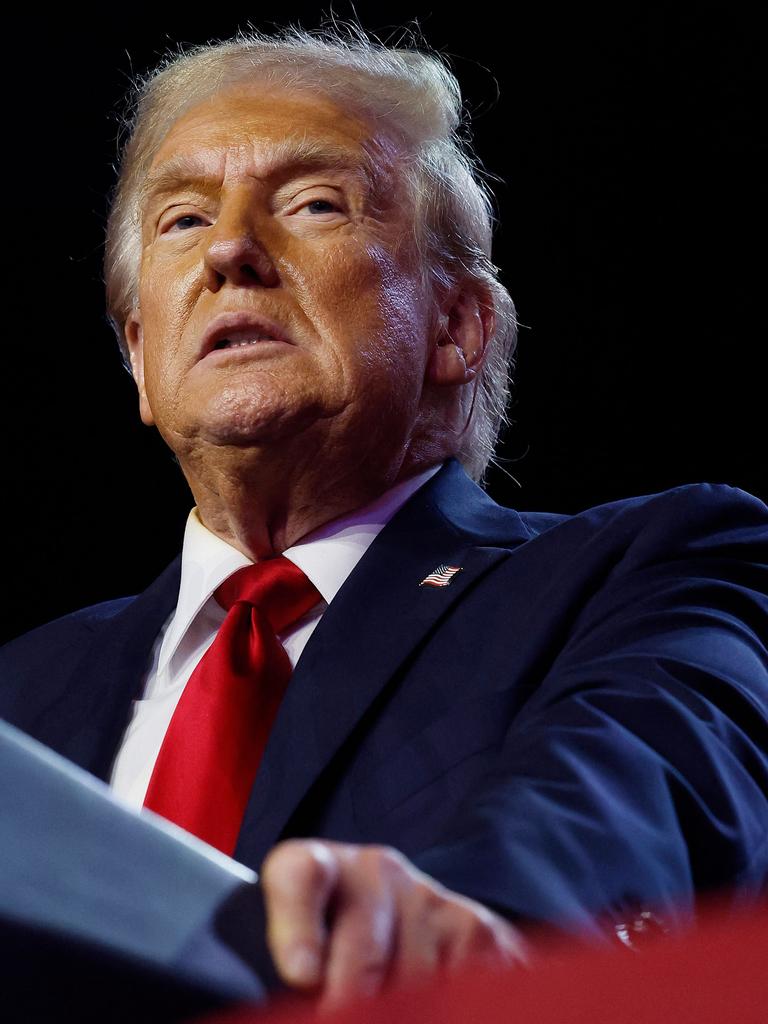

Global deflationary bust
The flip side of Mr Trump’s policies for the world, and especially China, is that all global exporters will be cut off from American demand in various measures.
This will leave China, Europe and emerging markets fighting over dramatically smaller alternative markets, including Australia.
Put another way, a glut of global goods is about to flood those economies that do not have tariffs.
This will be offset to some extent by fiscal stimulus, but probably not enough.
China is still wracked by its real estate adjustment.
Europe is in danger of fragmentation over Russian wars, so fiscal stimulus will be difficult to mobilise.
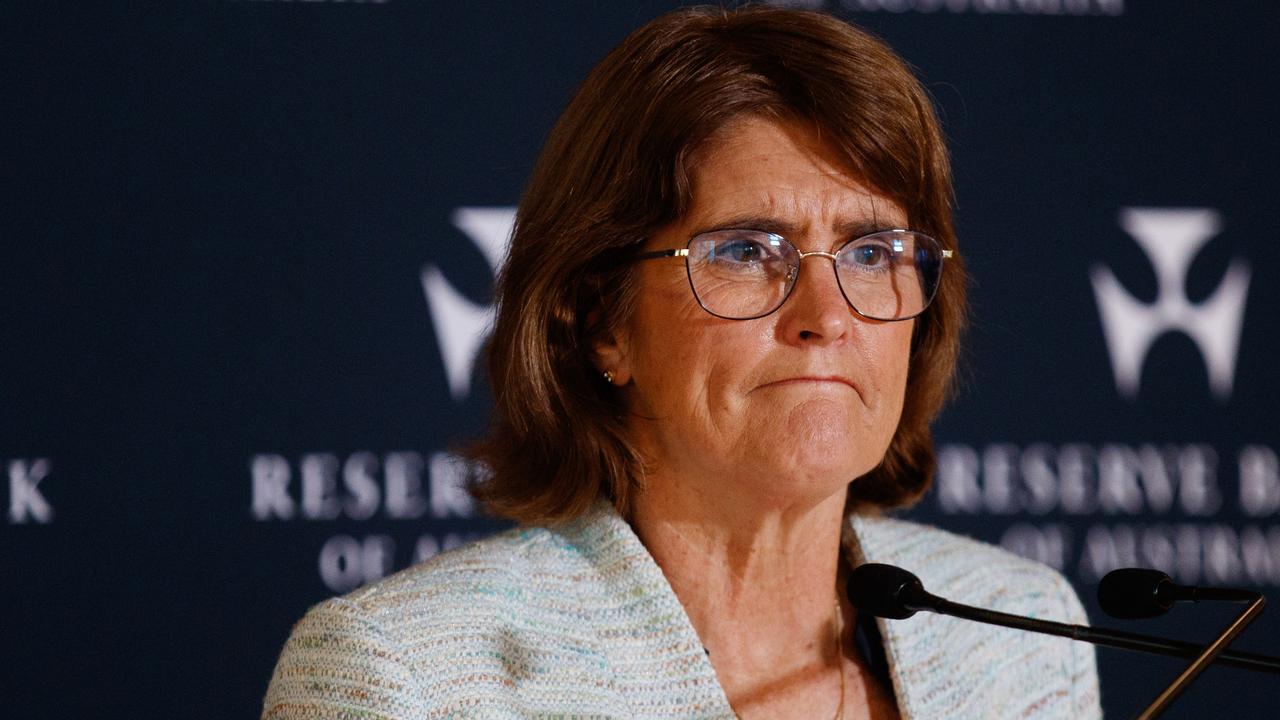
Both will likely resort to deeper interest rate cuts which will lift the US dollar and crush emerging markets.
This combination of variables is also very bad for commodity prices.
Drill and end the wars
Adding to these policies are two further initiatives.
The Trump administration intends to unleash oil and gas production. While the result of this is likely marginal, it will help lower energy prices.
More significant is Mr Trump’s foreign policy, seeking to bring peace to Ukraine. If that outcome is achieved quickly, Russian gas and oil, plus other commodities, will return to global markets.
Cheaper energy is the keystone of global inflation and an already struggling oil price, joined by gas, would be a material improvement to Australia’s inflationary outlook as the local gas cartel is crushed by external forces.
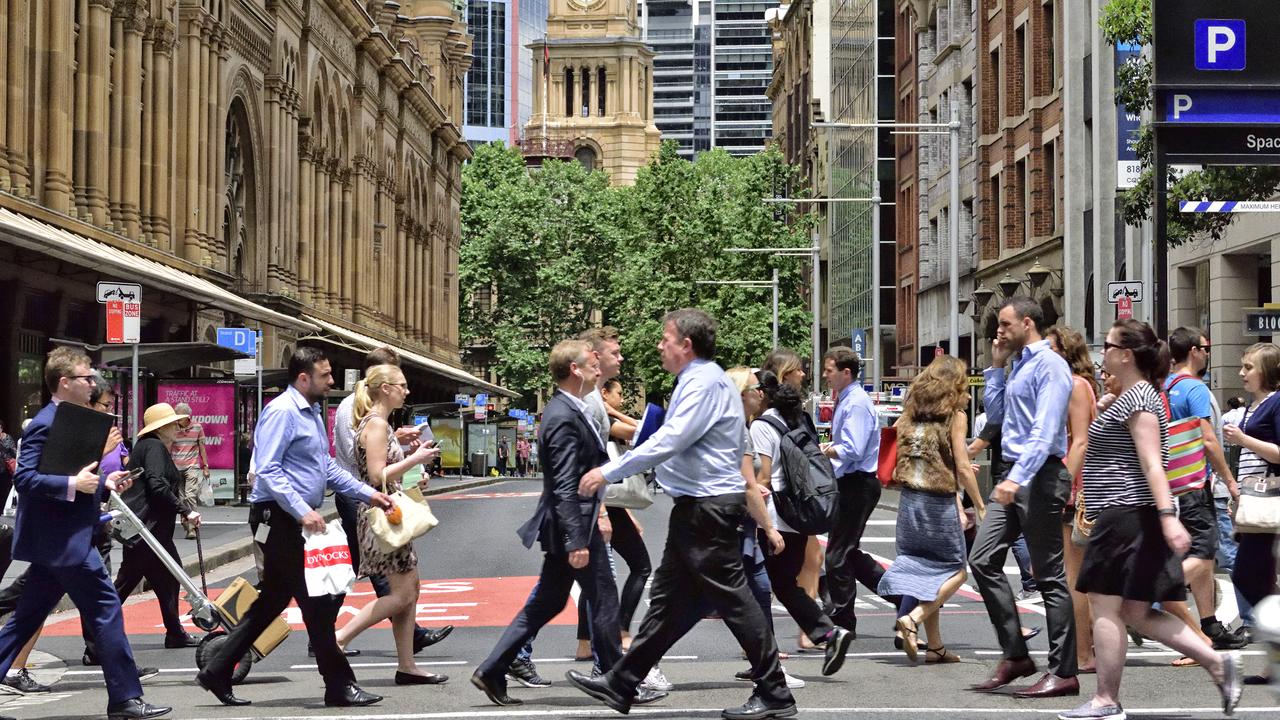
Australia and Trump
By now, you are probably getting a sense of how Trump 2.0 may land on the Aussie economy.
We will see much cheaper goods imports, falling commodity prices and a shock to confidence as markets digest all of the above.
All of these are disinflationary.
It may be that long-duration interest rates paid by governments rise as the US deficit blows out.
However, the shorter-term interest rates that govern mortgage rates will fall meaningfully with the consumer price index.
Mr Trump’s demolition of Canberra norms shapes up as the best thing to happen to Aussie households since the Albanese government injected its high interest rate tax and spend debacle.
David Llewellyn-Smith is Chief Strategist at the MB Fund and MB Super. David is the founding publisher and editor of MacroBusiness and was the founding publisher and global economy editor of The Diplomat, the Asia Pacific’s leading geopolitics and economics portal. He is the co-author of The Great Crash of 2008 with Ross Garnaut and was the editor of the second Garnaut Climate Change Review.



